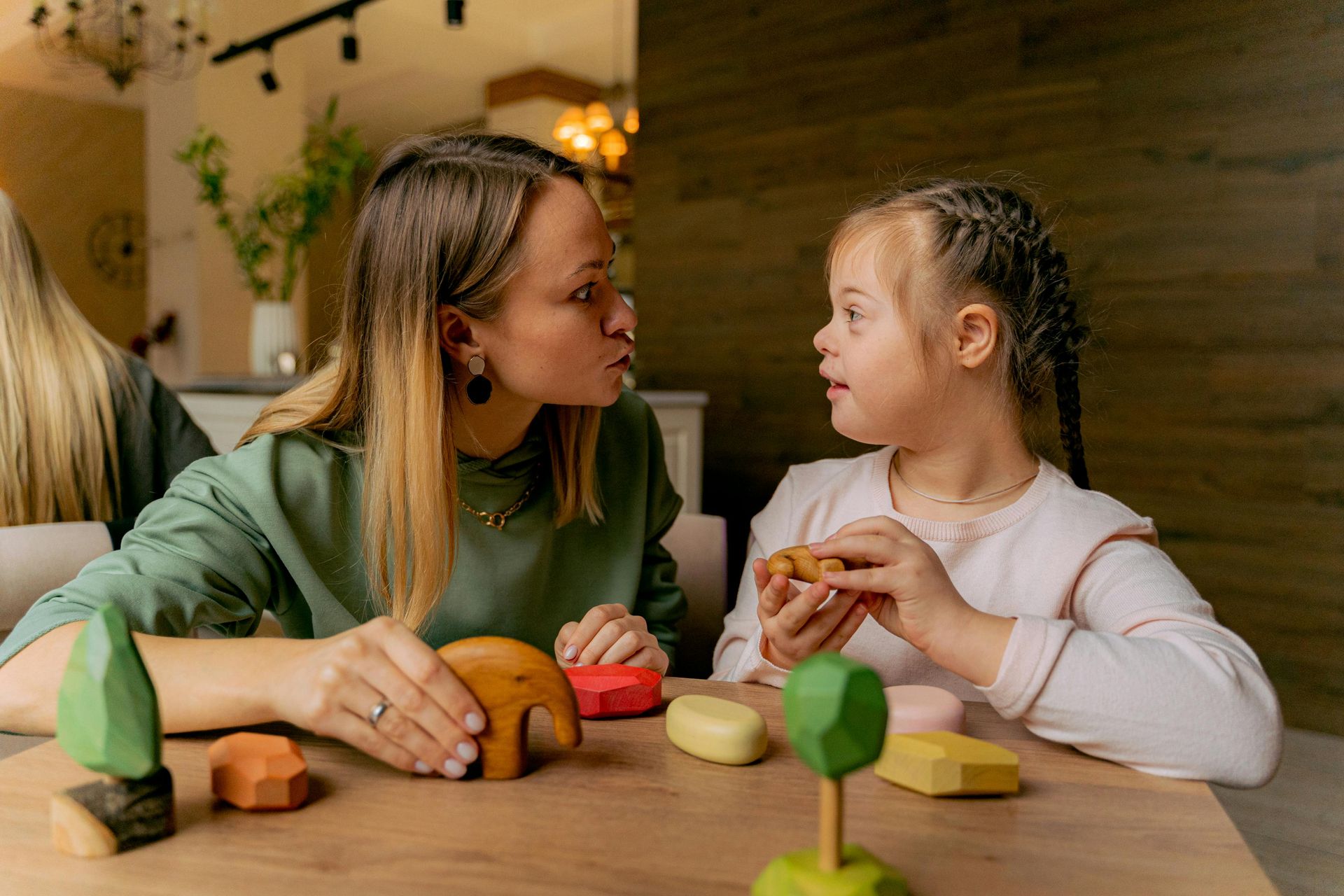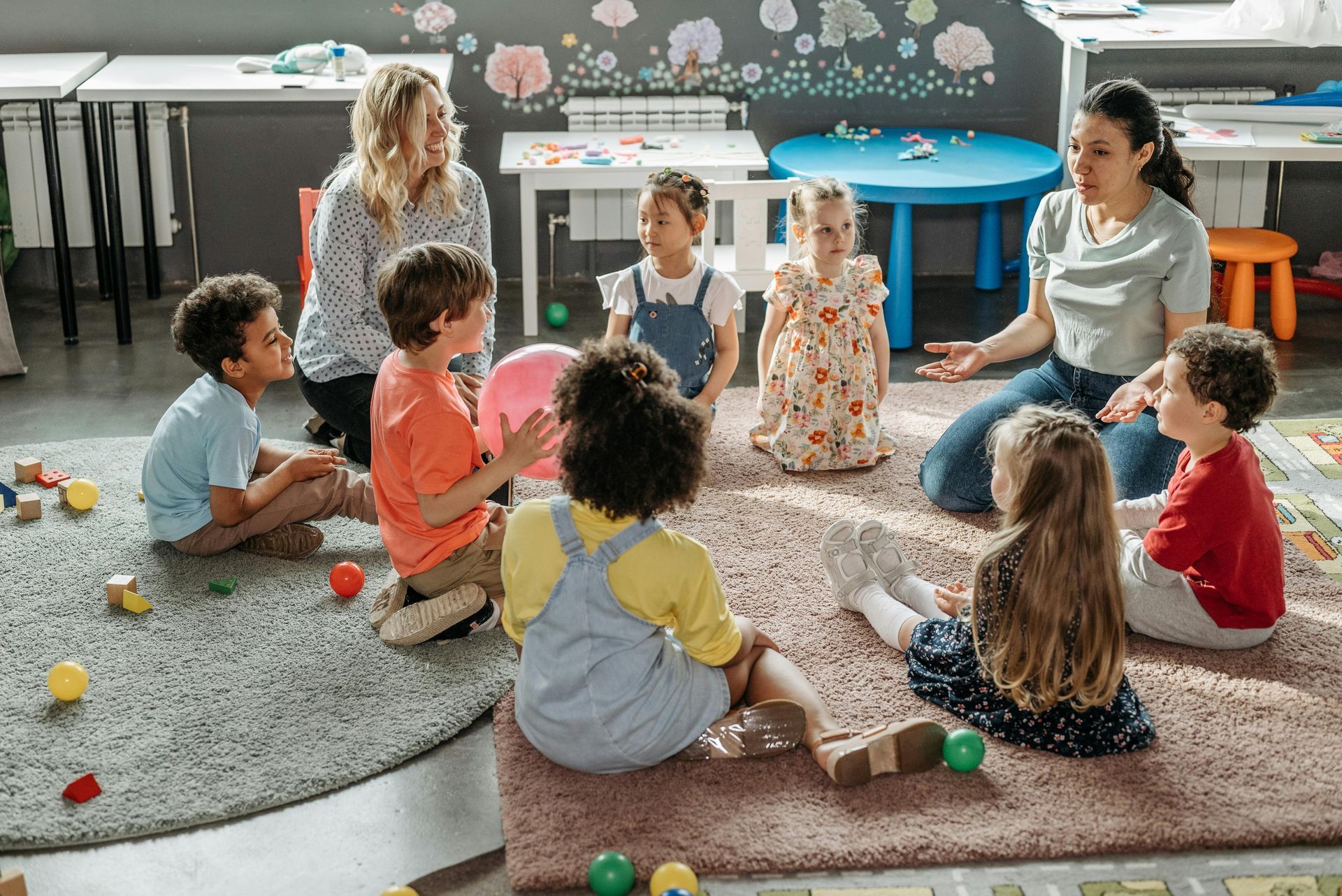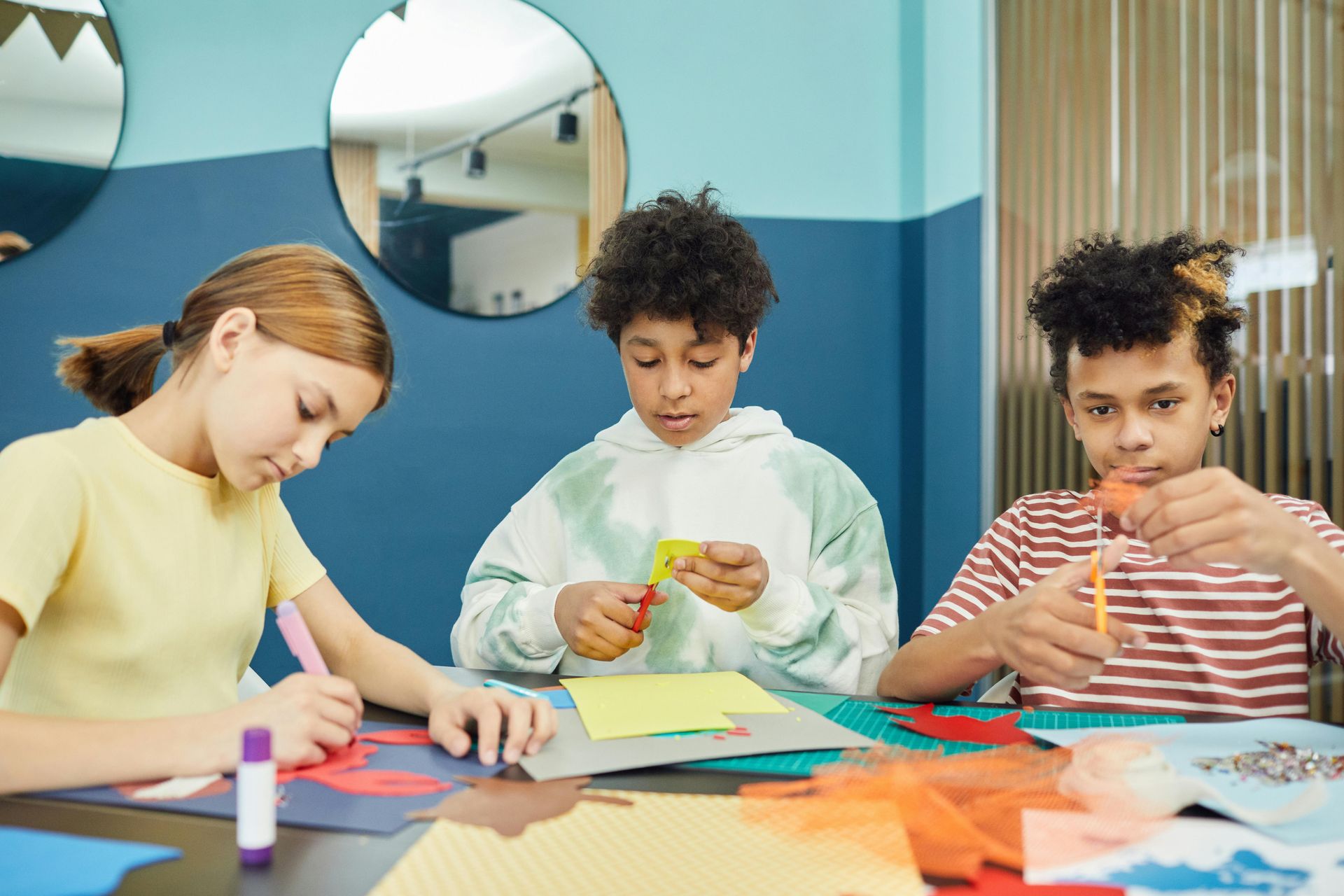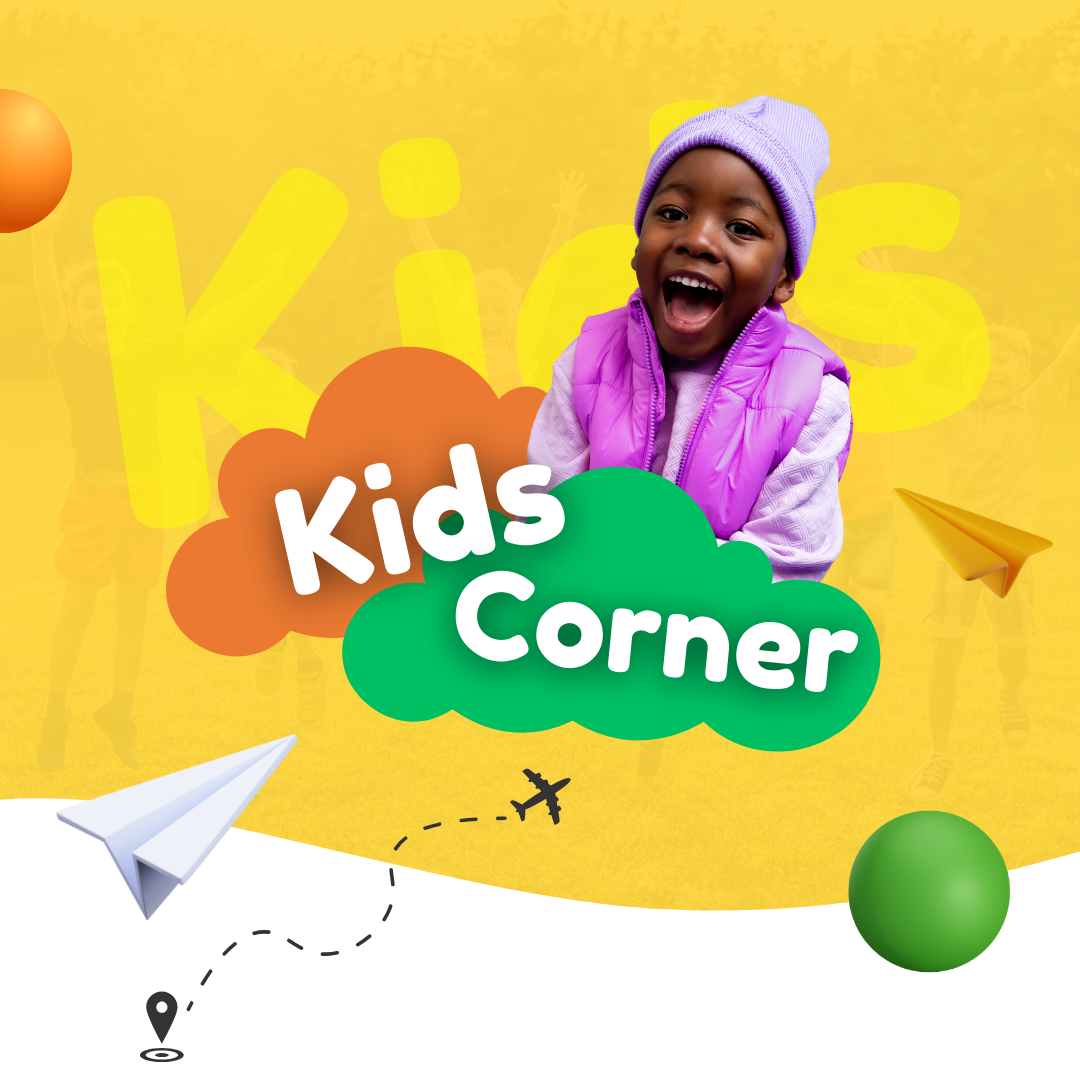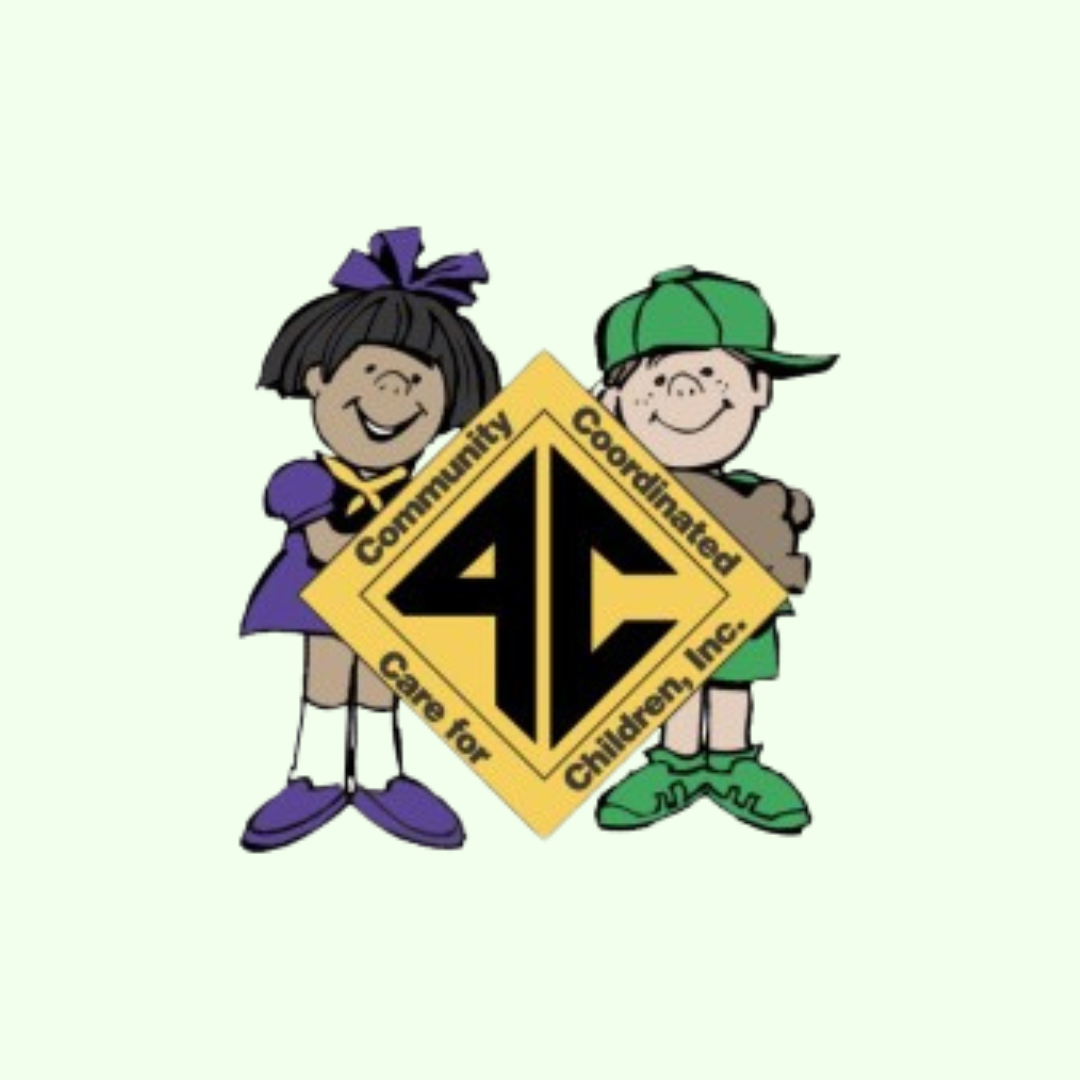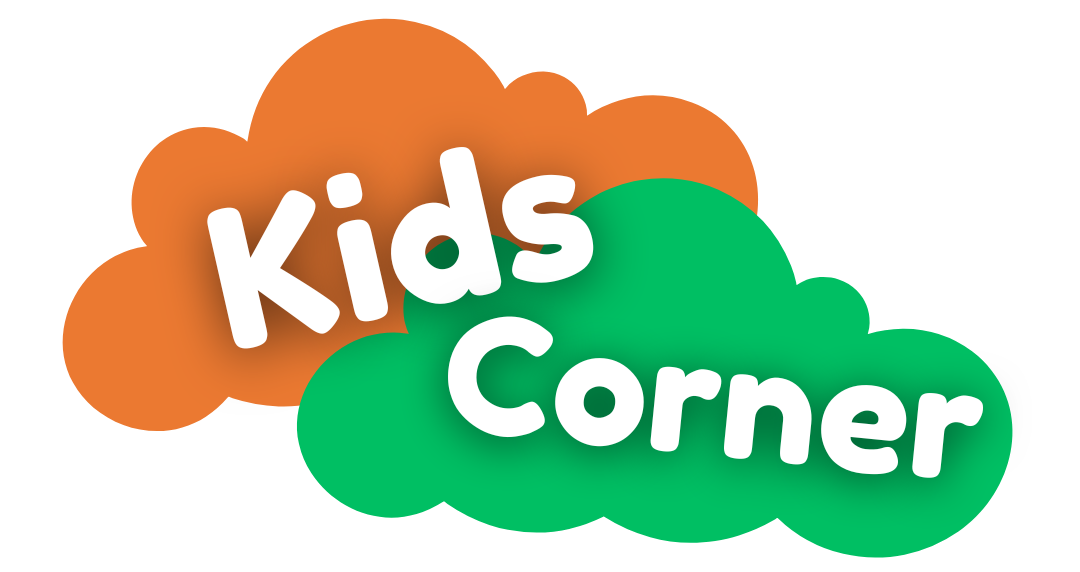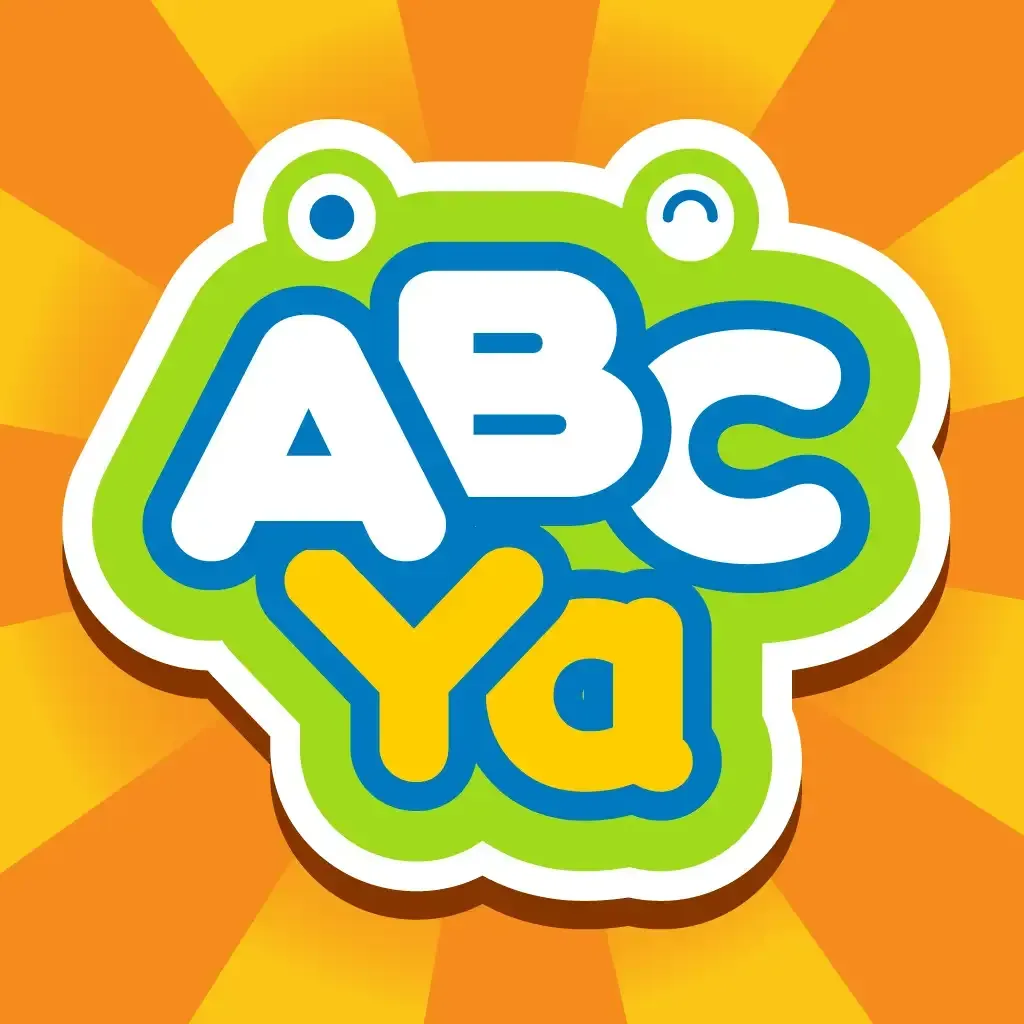By ELLSA Schools
•
May 27, 2025
Play is often thought of as something children do to pass the time, but it is far more than that. Play is an essential part of early childhood development and plays a critical role in shaping a child’s cognitive, emotional, and social growth. Through play, children learn about the world around them, explore their creativity, and develop the problem-solving skills they will need in life. At Kid’s Avenue Learning Center, we recognize the importance of play in early childhood and provide children with a wide range of play-based learning opportunities. From pretend play to hands-on activities, we believe that play is the foundation for cognitive development, and it is woven into every aspect of our educational approach. Why Play is Essential for Cognitive Development Cognitive development refers to the growth of a child’s ability to think, learn, and understand. During the early years, the brain undergoes rapid development, and the experiences children have during this time shape their cognitive abilities for years to come. Play provides children with the opportunity to explore and engage with their environment, which in turn supports their brain development. Through play, children learn important cognitive skills such as memory, attention, problem-solving, and critical thinking. Whether they are building a tower out of blocks, solving a puzzle, or engaging in imaginative play, children are exercising their brains and developing the cognitive skills they need to succeed in school and life. The Different Types of Play and Their Cognitive Benefits There are various types of play that contribute to cognitive development, and each type serves a unique purpose. Some of the most important types of play include: Pretend Play (Dramatic Play): Pretend play allows children to explore different roles, scenarios, and social interactions. This type of play helps children develop creativity, language skills, and problem-solving abilities. Whether they are pretending to be a doctor, teacher, or chef, children are using their imagination to build new worlds and solve problems within those worlds. Construction Play: Building with blocks, Legos, or other construction toys helps children develop spatial awareness, hand-eye coordination, and problem-solving skills. As they plan and build structures, children learn about cause and effect, balance, and symmetry. Construction play also encourages critical thinking, as children figure out how to make their structures stable or how to design a particular shape. Physical Play: Physical play, such as running, jumping, climbing, and dancing, supports brain development by promoting motor skills and coordination. Physical play also helps children develop executive functions, such as focus, self-control, and memory. As children engage in physical play, they improve their ability to concentrate and follow instructions, which are essential skills for learning in the classroom. Social Play: Interacting with peers during play helps children develop social skills, such as cooperation, communication, and empathy. Social play also promotes cognitive development by encouraging children to think critically about others’ perspectives, negotiate, and solve conflicts. These interactions help children develop emotional intelligence, which is important for success in school and later in life. Exploratory Play: Exploratory play involves investigating objects, textures, and materials. Whether it’s playing with water, sand, or a new toy, children are learning about the properties of different materials and cause and effect. This type of play encourages curiosity and supports cognitive development by allowing children to explore concepts such as quantity, texture, and motion . The Link Between Play and Language Development Play and language development are closely linked, as play provides a natural context for children to practice and expand their language skills. When children engage in pretend play or social play, they use language to communicate, negotiate, and express their ideas. Through these interactions, children develop their vocabulary, grammar, and communication skills. At Kid’s Avenue, we incorporate language-rich activities into playtime to encourage language development. Teachers model new vocabulary, ask open-ended questions, and engage children in conversation during play. By participating in language-rich play experiences, children develop a love for language and communication that will benefit them throughout their lives. Creating a Learning Environment That Encourages Play At Kid’s Avenue Learning Center, we believe that the environment plays a critical role in fostering play-based learning. Our classrooms are designed with open-ended materials, such as blocks, art supplies, books, and dramatic play props, to encourage creativity and exploration. By providing children with a variety of materials and spaces to play, we create an environment that stimulates their imagination and cognitive growth. Teachers also play a key role in facilitating play by guiding children through activities, asking thought-provoking questions, and encouraging collaboration. Through these interactions, children are able to deepen their understanding of the world around them and develop essential cognitive skills. At Kids Avenue Learning Center, we emphasize the importance of early childhood education in shaping a child's future, while also providing guidance on supporting emotional regulation to help children develop healthy emotional skills. Conclusion Play is not just a fun activity—it is a vital part of cognitive development. Through play, children develop the skills they need to think critically, solve problems, communicate, and interact with others. At Kid’s Avenue Learning Center, we recognize the importance of play in shaping young minds and provide children with ample opportunities to engage in a wide range of play-based learning activities. By fostering a play-based environment, we ensure that children are equipped with the cognitive skills they need to succeed in school and beyond.


